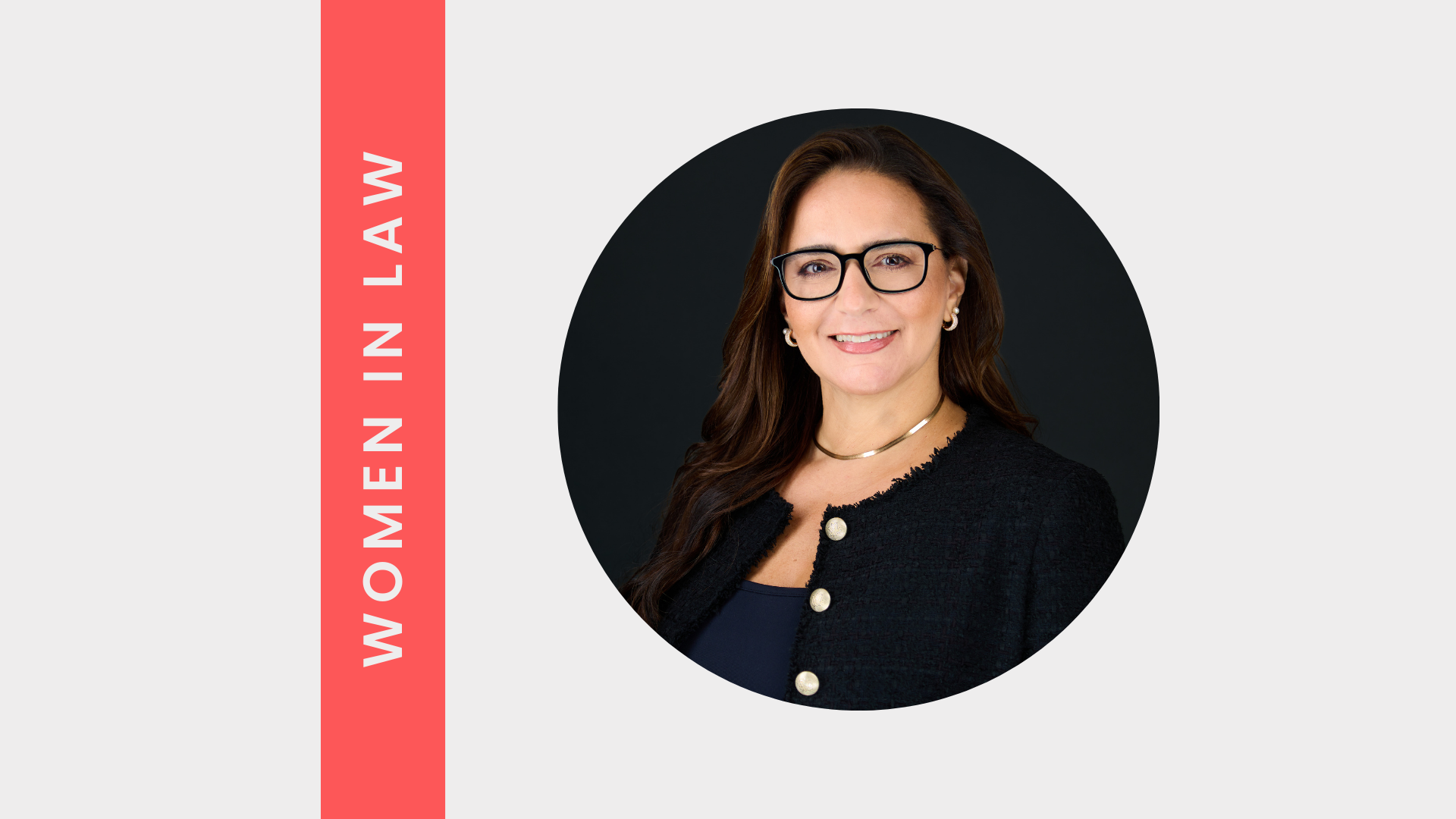"2025 and Beyond" Question and Answer session
Our webinar 2025 and Beyond: Why Your Hiring, Learning, and Culture Need to Evolve brought together thought leaders Enrique Rubio (Hacking HR), Lisa Skinner Källström (Teamtailor), and Hydrogen Group’s Dean Jennings and Michelle Miller. The conversation explored strategies used to tackle the challenges of the future workforce, shift organisational cultures towards lasting partnerships, and ensure teams are equipped for the age of artificial intelligence.
_
The Q&A box was brimming! Our webinar offered participants the chance to consult our HR experts on addressing shifts in the people and culture realm as we approach 2024 and beyond. Interesting questions were raised, and we compiled them all to seek and reached out to our experts to get some definitive answers.
For a recap on the webinar, check out our blog Navigating the Future: Insights from our Webinar "2025 and Beyond"
So, here we are. Your questions - answered! -
How can companies make people feel more secure in their jobs? Is it just a matter of increasing communication?
Lisa suggested a shift towards a more sustainable approach. 'In recent years, we have seen many companies experience massive growth, and the need to get great talent onboard - hence offering extremely generous compensation packages. Unfortunately, many have now faced layoffs, and while the compensation and benefit strategies are not the sole reasons, I would like to propose a more sustainable approach for the future. [Increase benefits as the company grows, and as business results allow, we can increase pension levels or similar benefits – and discuss it internally! Open dialogue about results, investment choices, and their rationale fosters a sense of involvement among team members and signals the company's commitment to a sustainable direction.]'
Dean echoed concerns about job security in today's volatile economy and advises, 'In today's uncertain economic climate, job security is a concern. However, by becoming indispensable and embracing tools like AI, individuals can enhance their value to employers, securing their positions for the future.
Apart from using Chat GPT, what other tasks can be automated with AI?
Lisa commented, ‘We’ve mentioned a few examples already, but I would look at all the systems your company allows you to use and question your suppliers on what features are or will be based on AI. For example, many applicant tracking systems allow the opportunity for AI to summarise CVs for an easy overview, generate interview questions and suggest more personalised replies to rejected candidates based on their CVs. Also, the opportunity for AI to transcribe an interview is an amazing tool which allows the interviewer to solely focus on listening and talking to a candidate as opposed to taking notes. As always, AI in these types of systems is not designed to make the decisions for a recruiter or business - but serve as an assistant to save time and work more efficiently.’
Dean added, ‘There are far too many to list. The AI directory https://aitoolsdirectory.com/ does a really good job of showcasing what does what and where you can find it.’
What is the impact of AI on employee engagement and how can HR teams use AI to promote engagement? Also, what precautions should professionals take when using AI?
Dean offered his perspective by stating that ‘engagement and AI may seem contradictory, but there's a clear benefit when HR uses AI to streamline admin tasks, freeing up time for vital human interaction. Tools like Koios, for instance, offer Acoustic AI, helping HR understand team and individual personalities better, for more tailored approaches. Professionals must approach AI implementation carefully, ensuring ethical use to maintain trust and transparency in the workplace.’
How can we make sure our services stay personalised while using AI?
Dean responded, ‘By leveraging AI to handle time-consuming tasks. The best thing about AI is that you get to choose what it does and what it doesn’t. If you feel strongly about human interaction to enable personalisation, you don’t have to let go of that – just embrace AI to make those interactions better. Get it to strip data in the background for you, or to type up your notes and actions as you have the conversations. The possibilities are endless, and they can be tailored to your needs.’
Within your businesses, have you experienced any resistance to the adoption of AI? How have you handled these objections?
Dean responded, ‘A lot of the resistance I have seen has either been a fear of trying or a fear of being caught. There seems to be a negative connotation with AI, that if you get it to do something for you, are you cheating? The answer is a resounding no, you are working with the tools available to make yourself more productive for your organisation. Robot proof recruiter, if you haven’t read it, you should. Especially if you are a recruiter or if recruitment is part of your job role. I’ll spare you the details, but it is an amazing read that showcases the fact you can never take the people part out of recruitment - you’ll always be able to provide a better level of service than a robot (at least for now) and you need to focus on the parts of the process where human interaction is at its most vital and automate/utilise AI to get back time in your day to improve that social element of the process.’
Do you feel Employee Resource Groups will be on the rise with the future generation of workers?
Dean replied, ‘A truly hybrid workplace cannot function effectively without the right technology in place. That doesn’t even need to be AI. For employees to feel a sense of belonging in a workplace, there should be a seamless experience that goes beyond just having teams up on 1 laptop in a room full of 30 people. Again, this will only advance with time ... my eutopia is to have my whole team (who are based in the UK + Thailand) sat around a virtual desk, on a beach with an interactive whiteboard we can utilise in real time via virtual and augmented reality. You may laugh now, but in the next couple of years, VR and AR tech will be the staple of hybrid working and teams coming together around the globe. This doesn’t take away from the in-person experience and nor do I think it should. It should be a tool that compliments real-time working solutions.’
How can we support older generation employees in the changing landscape?
Dean offered his perspective, ‘AI is truly remarkable. It embodies the futuristic vision many of us had as children—computers and programs taking on tasks for us. For those uneasy about it, I believe it's a matter of not fully comprehending it or lacking the skills to use it effectively. AI has quietly become a part of the workplace, and many are still navigating its intricacies. The focus should be on empowering employees to leverage AI to enhance productivity and value to the organisation. Those who resist or fail to adapt won't be replaced by AI but by individuals who embrace change and view AI as a tool for greater contribution.’
How can we safeguard against the risk of AI stifling creativity in the workplace?
Lisa said, ‘I would say the opposite, if we use AI for the more regular and routine tasks then we will have more time to use to be creative! For example, instead of spending hours on creating a presentation for an important project - let AI do this creating for you and spend the time on how you want to engage with your audience instead. Using ChatGPT to find easy tasks that I would previously have spent a lot of time on has been a big change in how I work and allows me find space in the day.’
Is there a regional divide across different parts of the world? Are Europeans more prone to appreciate safety/job security than Americans?
Lisa commented, ‘My thoughts are that globally we have been through a lot in recent years, covid affected everyone regardless of location. After that, we had war in Europe for the first time in many years which had major effects on the economy, which I believe has made people appreciate job safety even more and value this in choosing their next employer. However, in some parts of Europe employees are still very protected by labour laws etc so I believe it is different from America where it is more common to have short notice period and less resistance from employers to terminate an employment.’
Expanding on the key themes discussed in our webinar, we're thrilled to introduce our Thrive Guide – a practical roadmap for building a thriving workplace.
Within the Thrive Guide, discover actionable strategies to enhance employee engagement, foster diversity and inclusion, and implement flexible working models. Discover practical solutions to enhance workplace productivity and satisfaction.
As our expert Dean Jennings emphasises, 'adapting to evolving workplace dynamics requires strategic initiatives.' This sentiment is echoed by other industry leaders in our webinar. In the Thrive Guide, these insights converge to offer practical solutions, providing a roadmap for organisations navigating change.
Revolutionise your workplace. Download the Thrive Guide now!
Our latest insights







